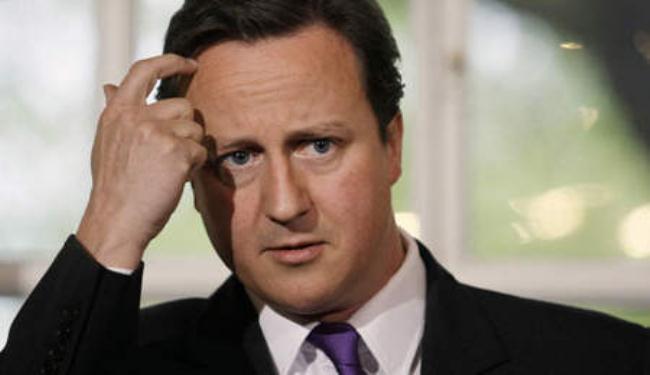
Every internet user in the country will be asked whether they want to have access to pornography, David Cameron will say, as he warns that hardcore images are “corroding childhood”.
A joint British and American “task force” will be created to tackle obscene websites, while Google and other search engine providers will be required to draw up a “blacklist” of the most depraved and illegal search terms, the Prime Minister will announce.
The initiatives will also include new measures to stop children accidentally stumbling across explicit but legal pornographic images in public places, according to well-placed sources. The six biggest companies providing access to wireless internet in cafés and railway stations have all signed a deal to block legal pornography where children could view it. The roll-out of “family friendly Wi-Fi” is expected to begin from the end of August.
The moves follow concern that hardcore and violent images are damaging children’s lives while access to illegal child pornography has been linked to high profile crimes.
Mark Bridger, who was convicted of murdering five-year-old April Jones, and Stuart Hazell, who murdered Tia Sharp, 12, were both found to have viewed child pornography online. Children’s watchdogs have also found that boys’ attitudes to women and girls were in danger of being shaped by their easy access to pornography online.
In a speech in London on Monday, the Prime Minister – who met the parents of April and Tia last week after they called on him to take action – will warn that the internet is putting the “innocence of our children” at risk. “Online pornography is corroding childhood,” he will say. “In the darkest corners of the internet, there are things going on that are a direct danger to our children, and that must be stamped out.
“I feel profoundly as a politician, and as a father, that the time for action has come.
“My argument is that the internet is not a side-line to ‘real life’ or an escape from ‘real life’; it is real life. It has an impact: on the children who view things that harm them, on the vile images of abuse that pollute minds and cause crime, on the very values that underpin our society.”
Mr Cameron will promise new powers for crime fighting agencies to tackle those “darkest corners of the internet”.
Other measures to be contained in the Prime Minister’s initiative are expected to include:
• A new national database of child abuse images for the police and child protection agents to use;
• Internet service providers being compelled to require customers to make an active choice about filtering adult content when they begin using services, with a requirement to un-tick a box which has been pre-set to enforce parental controls;
• A deterrent campaign against individuals who seek to download illegal content;
• More power for the police and the Child Exploitation and Online Protection centre to investigate the “hidden” parts of the internet where paedophiles share illegal images among themselves.
• Every householder with broadband internet will be asked to confirm whether they want to activate parental controls blocking adult content by the end of 2014, under the plan.
Mr Cameron will say that parents and the internet companies themselves must take more responsibility for the online world.
“We have got to be more active, more aware, more responsible about what happens online,” he will say. “I mean ‘we’ collectively: government, parents, internet providers and platforms, educators, and charities.
“We’ve got to work together across both the challenges I have set out. This is, quite simply, about how we protect our children and their innocence.”
Source: Telegraph UK








